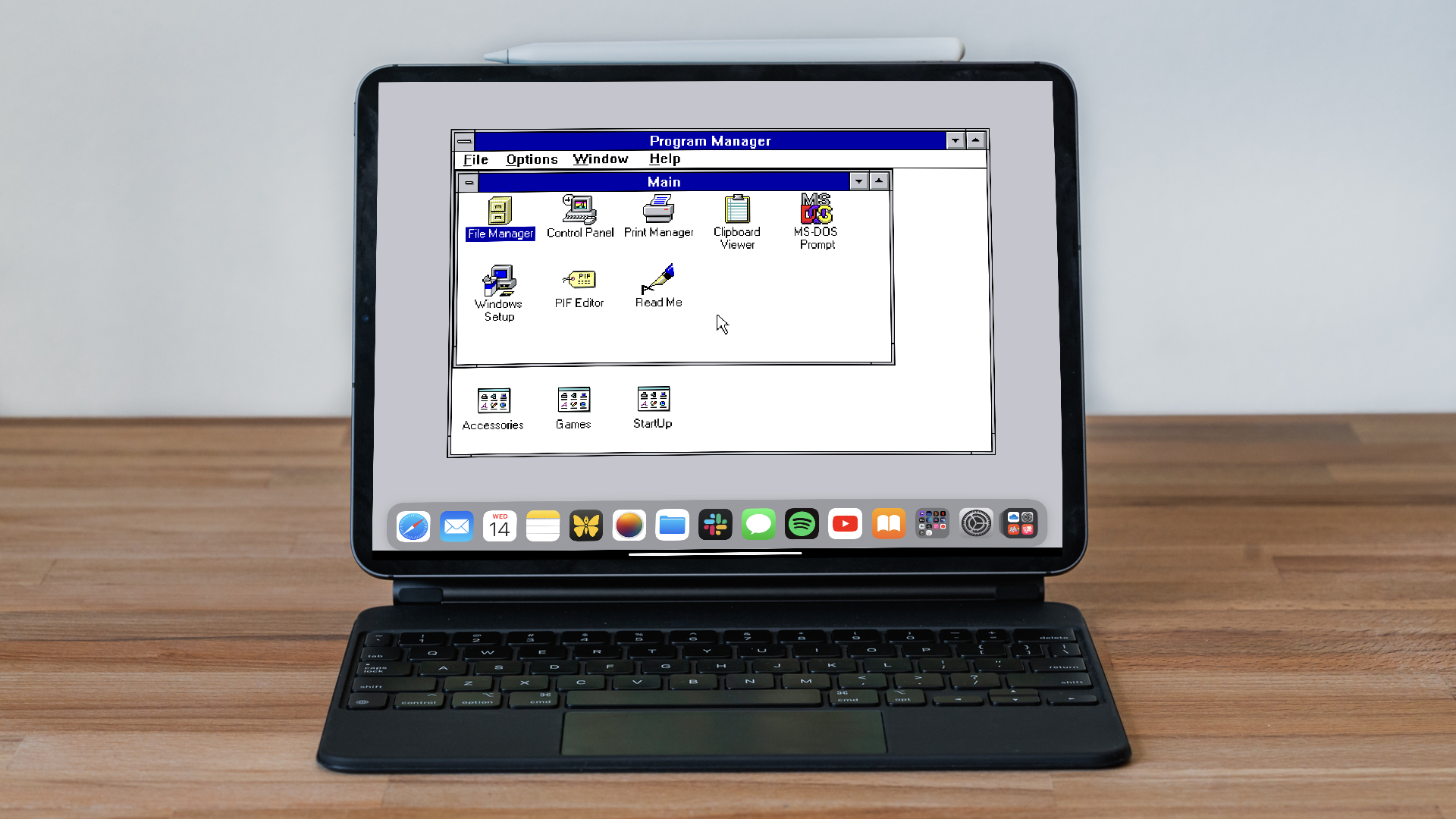Southwest Airlines avoided CrowdStrike-Microsoft outage because it’s still running Windows 3.1 — fourth-largest US airline remained free of BSoD errors because its OS hasn't been updated in decades
The airline also still uses Windows 95

A recent global IT outage saw a problematic CrowdStrike update cause millions of Windows computers to fall foul of Blue Screen of Death (BSoD) errors worldwide, affecting airlines, hospitals, banks, and businesses. While thousands of flights by United, Delta, and American Airlines into and out of the US were canceled due to the failure, Southwest Airlines reportedly continued operations seemingly unaffected.
The problem did not impact the airline in the same way it did its rivals, not because it was running Linux or employing a robust protection method, but because Southwest was still using Windows 3.1, which obviously never received the problematic CrowdStrike update.
To give you an idea of just how outdated this operating system is, Windows 3.1 was originally launched in 1992, and Microsoft ended support for it on December 31, 2001, except for the embedded version, which was officially retired in 2008.
Windows 95 similarly unaffected
Tom’s Hardware reports while other airlines struggled with operational disruptions due to their reliance on more modern computing systems, Southwest's continued use of Windows 3.1 spared it from similar issues. The airline’s outdated technology, often the subject of ridicule, ironically served as a buffer against the widespread system failures affecting others.
Despite Southwest’s systems running just fine, other airports faced issues so that indirectly impacted the airline's operations, just not as much.
Southwest isn’t entirely reliant on Windows 3.1 (that would be ridiculous) as the airline also reportedly uses Windows 95 for staff scheduling, another OS that never received the problematic CrowdStrike update.
Although running outdated software saved the day this time- or at least put the airline in a better position than its contemporaries - Southwest will eventually need to update its operating systems, as newer computers will struggle to run them.
Are you a pro? Subscribe to our newsletter
Sign up to the TechRadar Pro newsletter to get all the top news, opinion, features and guidance your business needs to succeed!
One X user suggested that the company switch to Windows XP because, while it also no longer receives updates, it’s newer (relatively speaking) and can run Windows 3.1 software in compatibility mode.
More from TechRadar Pro

Wayne Williams is a freelancer writing news for TechRadar Pro. He has been writing about computers, technology, and the web for 30 years. In that time he wrote for most of the UK’s PC magazines, and launched, edited and published a number of them too.